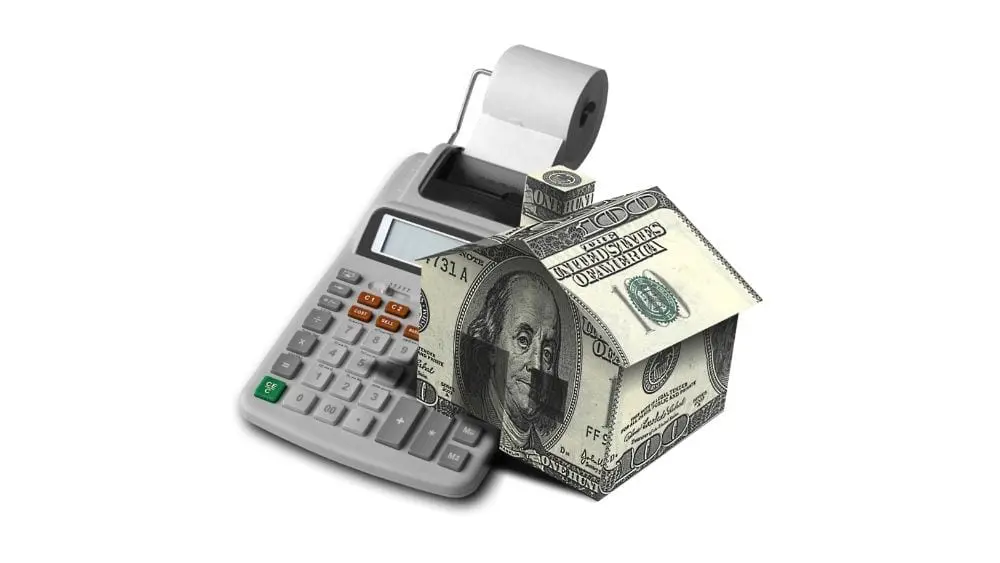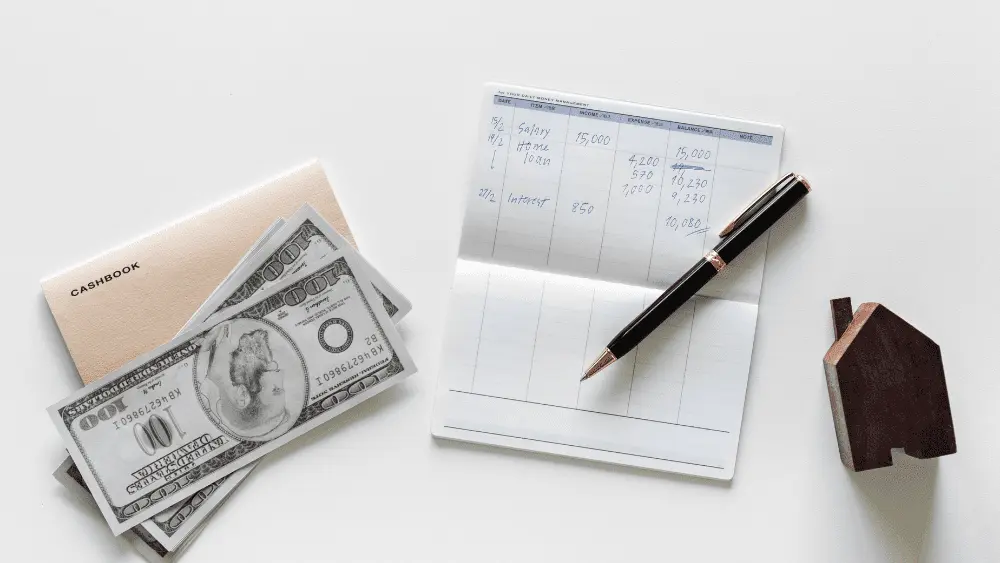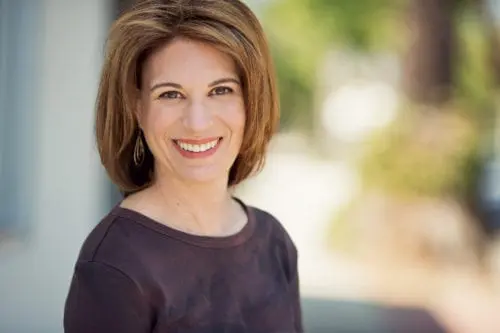
Many people believe they need a 20 percent down payment to buy a house, but it’s possible to purchase a brand-new house with as little as 3.5 percent down — or nothing down at all.
While a larger down payment is helpful in plenty situations, there are several factors that go in to determining how much money you’ll actually need for the home purchase.
How Much is a Down Payment on a House?
In addition to the down payment, which we’ll go into detail about in a bit, there are other expenses to the actual listing price of a home.
Most of these can be summed up in the closing costs, which include expenses such as the earnest deposit, home inspection, and appraisal of the property, and other things like title insurance and a portion of property taxes. It’s estimated that you’ll need between $7,000 and $10,000 set aside for closing costs, in addition to any money toward a down payment.
What is a Down Payment?
A down payment is an up-front payment toward the total cost of the home. This amount is made by you, the buyer, and given to the seller, but it usually feels like you’re making that payment to the mortgage lender.
This is because most lenders require a minimum down payment in order to approve you for a home loan. The amount is generally expressed as a percentage of the purchase price, which is where phrases like “20 percent down” come in.

So, What Can that Down Payment Look Like?
Conventional Loans
The minimum down payment to buy a home required for a conventional loan that conforms to Fannie Mae or Freddie Mac guidelines with a loan amount up to $417,000 is just 5 percent of the house’s purchase price.
If the amount is larger than $417,000, the down payment can be as low as 10 percent. Even smaller down payments are allowed for conforming loans, like Fannie Mae’s 3-percent program.
FHA Loans
The minimum down payment to buy a home with an FHA loan is just 3.5 percent of the home’s purchase price. That means the down payment for, say, a $250,000 home would be $8,750 with this type of loan. FHA loans are insured by Federal Housing Administration (FHA), which is part of the U.S. Department of Housing and Urban Development (HUD), a federal government agency.
VA and USDA Loans
VA loans, guaranteed by the U.S. Department of Veterans Affairs (VA), and USDA loans, backed by the U.S. Department of Agriculture, don’t require a down payment at all, meaning buyers can buy a house with very little cash up front. The VA loan is open to most active-duty military personnel and U.S. military veterans, among other groups. The USDA loan is available in rural and outlying suburban areas.
Conventional, FHA, VA and USDA loans all allow at least part of the buyer’s down payment to be a gift from a family member or funds from a down payment assistance program.
Some builders will allow buyers to save up part of the down payment during the home’s construction if, close to the amount needed.
Mortgage Insurance
Home loans with a low down payment typically involve mortgage insurance or a funding fee. The insurance is paid monthly. The fee is paid upfront, but can be financed as part of the loan amount or through a higher interest rate.
While FHA will always have mortgage insurance and VA loans will have a funding fee, putting at least 20 percent down usually waives the requirement for mortgage insurance.
Without mortgage insurance, lenders wouldn’t be able to offer low-down payment loans and borrowers who don’t have a lot of cash wouldn’t be able to purchase a home, making them a necessary part of the home buying process.
Variations on Down Payment Requirements
The down payment requirements for newly built homes are almost always the same as the requirements for an existing home, but there are two possible exceptions.
Custom-Built Homes
Many new construction homes are production houses built in large volume by homebuilding companies. These generally aren’t considered custom homes, even though they come with plenty of personalized options.
A true custom home means the buyers obtained financing to purchase land and hired a builder, and often hire an architect for design as well, to construct a home especially for them. In that case, the lender generally will require a larger down payment since the house doesn’t exist yet.
When a buyer is responsible for financing the construction costs, as is required with custom homes, buyers tend to use a construction-to-permanent loan. The terms of this loan set the requirements for a higher down payment than an existing new-build home.
Condos and Townhomes
The second exception is newly built condominiums or townhouses.
Whether a buyer will need a larger or smaller down payment in this situation depends on the lender’s guidelines, type of loan, property location, and proportion of units that have been pre-sold during the construction phase.
Additionally, not all condos or townhomes are FHA, VA. Fannie Mae, or Freddie Mac qualified. If you’re planning on purchasing a condo or townhouse, be sure to check with your lender if the loan allows for these types of dwellings.
Get Prequalified
The bottom line is that most people don’t need a big down payment to buy a house—and some don’t need any down payment at all.
The only way to find out for sure is to talk to a lender. With so many loan programs available to you, the ability to purchase a new home is closer than you might have thought.

Marcie Geffner is an award-winning freelance reporter, writer and editor in Ventura, California. In the last decade, she has penned more than 1,000 published stories about residential and commercial real estate, banking, credit cards, computer security, health insurance and small business, among other subjects. Editors describe her as “detail-driven,” “conscientious,” “smart” and “incredibly versatile.” Her award-winning reporting has been lauded as “rock solid,” “spot-on relevant,” “informative,” “engaging,” “interesting” and “nuanced.” Her stories have been cited in seven published nonfiction books and two U.S. Congressional hearings.
Prior to her freelance career, Geffner was senior editor of California Real Estate magazine. Later, she became managing editor of Inman.com, an independent real estate news website. She also has prior employment experience in technical writing, corporate communications and employee communications. She received a bachelor’s degree in English with high honors from UCLA and master’s degree in business administration (MBA) from Pepperdine University in Malibu, California. She enjoys reading, home improvement projects and watching seagulls at the beach.
 The Guide to Buying A Manufactured Home
The Guide to Buying A Manufactured Home
cary Johnston
I am a single person i work to jobs i just don’t nowhere to start how to get started buying a house on payments or a loan. i am 45 as of oct 20 this month I’m getting no younger tiered of living with people I’m vary independent i have dream of have my own house i rent storage unit it has ran me 140.00 a month for four years now i really wont to get my own place so i can put my new Furnisher in and have enough room for everything i own any way i don’t nowhere to start at all this I’m new at all this it’s hard to trust just anyone these days . If you can be of some help on telling me how much of a down payment i would need for a house i would be much appreciated Sincerely, cary Johnston